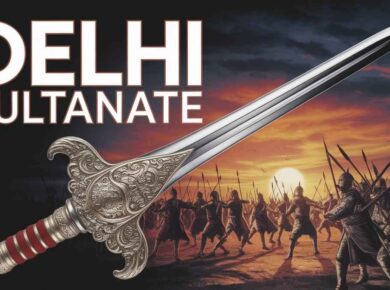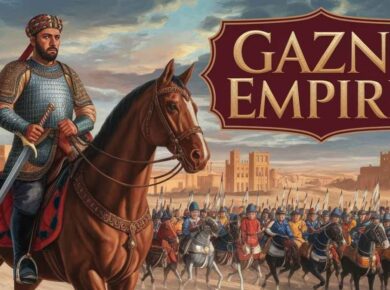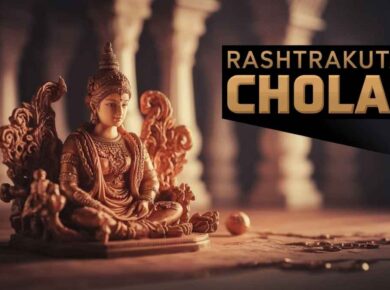Browsing Category
Medieval India History
Medieval India History (500–1500 CE)
The period of Medieval India, spanning roughly from 500 CE to 1500 CE, was a time of significant political, cultural, and social transformation. It was characterized by the rise and fall of various powerful dynasties, the spread of Islam, the flourishing of trade and culture, and the development of architecture and art. This era laid the foundation for modern India’s diverse heritage.
Early Medieval Period (500–1200 CE)
Following the fall of the Gupta Empire in the 5th century, India entered a phase of decentralization, with smaller kingdoms emerging across the subcontinent. This period witnessed the rise of regional powers like the Chalukyas, Rashtrakutas, Pandyas, and Cholas in the South. The Chola dynasty, for instance, became known for its naval expeditions and cultural patronage, particularly in Tamil Nadu.
In the north, the rise of the Rajputs marked the consolidation of feudal kingdoms. The Rajput kings were known for their valor and establishment of fortified cities and temples. Their resistance to foreign invasions, including the early Muslim incursions, was notable.
Delhi Sultanate (1206–1526)
The Delhi Sultanate, founded in 1206 by Qutb-ud-Din Aibak, was one of the most significant political changes in medieval India. It marked the beginning of Muslim rule in the Indian subcontinent, with the establishment of a series of Sultanates, including the Mamluk, Khilji, Tughlaq, Sayyid, and Lodi dynasties. These sultans consolidated power in Delhi and expanded their territories across northern India.
The Delhi Sultanate brought with it Islamic culture, advancements in architecture, and the establishment of new administrative systems. The period also saw the development of Urdu, a language that blends Persian, Arabic, and local dialects. However, the Sultanate was often challenged by internal strife, Mongol invasions, and resistance from regional kingdoms.
Mughal Empire (1526–1707)
The Mughal Empire, established by Babur in 1526, marked the beginning of a new chapter in medieval Indian history. The Mughals brought centralization, stability, and prosperity to much of the Indian subcontinent. Under rulers like Akbar, Jahangir, Shah Jahan, and Aurangzeb, the empire expanded across vast territories, from the Deccan Plateau in the south to the Himalayas in the north.
The Mughals were known for their contributions to architecture, including the Taj Mahal, and for fostering a rich cultural blend of Persian, Turkish, and Indian traditions. Akbar’s policy of religious tolerance and administrative reforms helped consolidate the empire, while the later years of the Mughal Empire saw internal decay, leading to its eventual decline by the early 18th century.
Conclusion
Medieval India was a dynamic period that laid the foundations for India’s modern culture, politics, and society. The era’s major empires and dynasties played a crucial role in shaping the history of the subcontinent, influencing everything from architecture and language to religion and governance.


